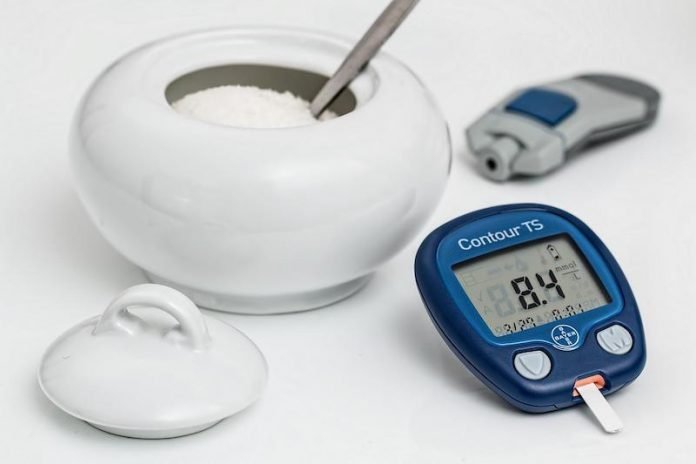
Scientists from Boston University found living your best life at 35, ignoring cholesterol and glucose levels, may impact your chances of getting Alzheimer’s disease (AD) later in life.
They found lower HDL (high-density cholesterol) and high triglyceride levels measured in the blood as early as age 35 are linked to a higher incidence of AD several decades later in life.
They also found that high blood glucose measured between ages 51-60 is associated with a risk of AD in the future.
In the study, the team used data obtained from participants of the Framingham Heart Study who were examined at approximately four-year intervals throughout most of their adult lives.
Correlations of AD with multiple known risk factors for heart disease and diabetes (including HDL, LDL, triglycerides, glucose, blood pressure, smoking, and body mass index) were measured at each exam and during three age periods during adulthood (35-50, 51-60, 61-70).
The team found that lower HDL (the good cholesterol) is predictive of AD in early (35-50 years) and middle (51-60 years) adulthood and that high glucose in the blood (a precursor of diabetes) during mid-adulthood is also predictive of AD.
These findings showed that heart risk factors, including HDL which has not been consistently reported as a strong risk factor for AD, contribute to future risk of AD starting as early as age 35.
The researchers believe that although high LDL has been consistently linked to AD risk in many previous studies, the link between HDL and AD was inconclusive, perhaps because most studies examining these relationships were conducted in persons who were 55 years and older at baseline.
According to them, careful management of these factors starting in early adulthood can lower one’s risk of cardiovascular disease and diabetes, as well as Alzheimer’s.
If you care about blood sugar, please read studies about why blood sugar is high in the morning, and how to cook sweet potatoes without increasing blood sugar.
For more information about brain health, please see recent studies about 9 unhealthy habits that damage your brain, and results showing this stuff in cannabis may protect aging brain, treat Alzheimer’s.
The research is published in Alzheimer’s & Dementia: The Journal of the Alzheimer’s Association and was conducted by Lindsay A. Farrer et al.
Copyright © 2022 Knowridge Science Report. All rights reserved.



